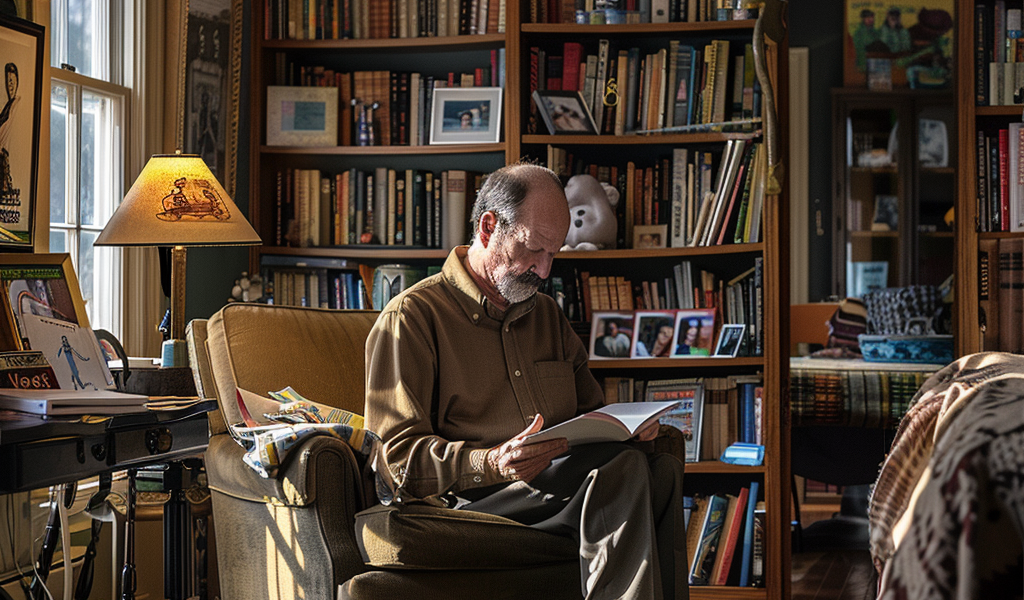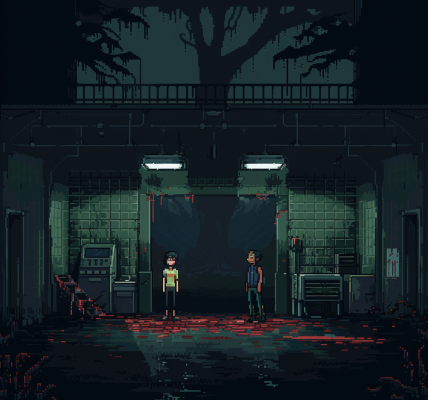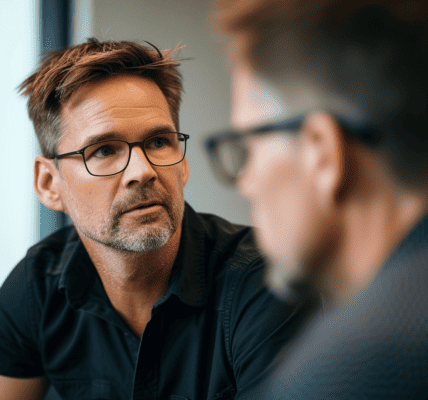Will Shortz, renowned puzzle master and crossword editor for the New York Times, is on a remarkable journey of recovery following a stroke he experienced earlier this year. At 72 years old, Shortz’s experience sheds light on the realities of stroke recovery and the importance of quick action in medical emergencies.
In February, while at his home in Pleasantville, New York, Shortz experienced a sudden and alarming incident. As he leaned to his left, he realized he could not sit back up straight. “I knew immediately I had had a stroke,” he recalled. The stroke impacted the right side of his brain, which resulted in complete incapacitation on the left side of his body and slurred speech. However, his cognitive abilities remained intact, allowing him to continue his work in puzzles, a relief for his many fans.
Dr. Sanjay Gupta, a neurosurgeon and chief medical correspondent for CNN, explained that a right-brain injury would not typically affect a person’s ability to think, write, or communicate effectively, but it often results in physical impairments on the opposite side of the body. This was the case for Shortz, who faced significant challenges due to weakness on his left side.
According to the Centers for Disease Control and Prevention (CDC), nearly 800,000 individuals in the United States suffer from strokes annually, with over 165,000 fatalities, making strokes one of the leading causes of death in the country. The severity of a stroke can vary widely, but many patients can achieve full recovery through dedicated rehabilitation efforts.
Eight months into his rehabilitation, Shortz reports feeling “great,” although he acknowledges that his body is still not functioning perfectly. He candidly shared insights into his recovery process, reflecting on what he might have approached differently and how his puzzle-solving skills have aided him during this challenging time.
One critical factor in Shortz’s recovery was his swift decision to seek emergency medical care. Despite the winter chill and being dressed for a game of table tennis, he recognized the urgency of his situation. After a brief delay to change clothes and use the bathroom, he collapsed, unable to move or call for help. In a moment of desperation, he managed to “squirm like a worm” to retrieve his phone and call his partner, who promptly summoned an ambulance.
This incident underscores the importance of rapid response in stroke cases. The faster a patient receives treatment, the better the chances of recovery. Shortz’s experience highlights a critical lesson for others: in moments of medical distress, prioritizing immediate action can be life-saving.
As he continues his rehabilitation, Shortz has utilized techniques from his puzzle-solving expertise to tackle the challenges of recovery. The mental agility required for crossword puzzles has proven beneficial, allowing him to apply similar strategies to his physical rehabilitation. This unique approach has not only kept his mind sharp but has also motivated him to push through the difficulties of regaining his physical abilities.
Shortz’s story serves as an inspiring reminder of resilience in the face of adversity. His journey through recovery, marked by determination and a positive outlook, resonates with many who have faced similar health challenges. By sharing his experience, Shortz hopes to raise awareness about strokes and the importance of timely medical intervention.
As he navigates the complexities of rehabilitation, Shortz remains committed to his passion for puzzles, continuing to engage with his audience and contribute to the world of crosswords. His experience not only illustrates the personal impact of a stroke but also emphasizes the broader implications for public health and the importance of education around stroke awareness.
Will Shortz’s recovery journey is ongoing, and while he faces obstacles, his spirit and dedication to his craft remain unshaken. As he continues to heal, he embodies the strength and resilience that many stroke survivors demonstrate on their paths to recovery.





